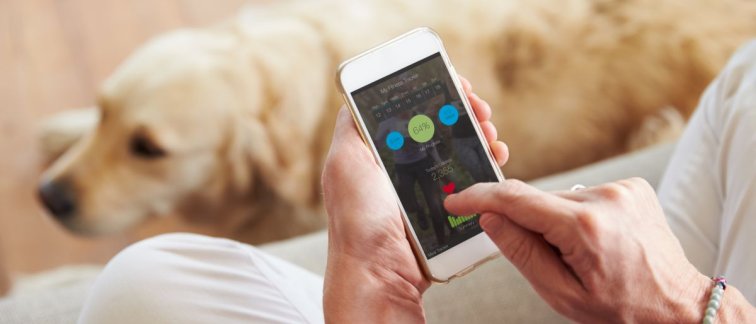Maastricht UMC+ and health insurer VGZ are now the first in the Netherlands to have signed an agreement to finance the use of a heart rhythm app as part of regular care.
VGZ encourages initiatives that digitalize healthcare in a useful way, for example by awarding an annual prize, the Zinnige Zorg Award.
The e-Health application ‘ikHerstel’ which helps patients recover faster after surgery, serves as an example. ‘ikHerstel’ is developed specifically for patients who will undergo a planned operation. The app gives an indication when and with which intensity a patient can resume activities that are related to the patients normal daily activities. Once at home after the surgery, the app provides daily advice and information and visualizes the patient’s recovery progress.
The app has been used on a limited scale for some time. Several Amsterdam UMC scientists have done research into the app's effectiveness. Their findings show that people who used the app recovered five to fourteen days earlier and that costs were saved.
"That's wonderful of course," says the director of ‘ikHerstel’, Jeroen de Wilde. "Only now we have to come up with a way that helps to implement the app more easily, so that hospitals and their patients actually start using the app." E-Health applications must be linked to other digital systems in the hospital to be successful. If you can link several good apps to existing digital infrastructure in such a way that they become part of a total package, then they are attractive to hospitals.
Read full story on NOS.nl [DUTCH]

